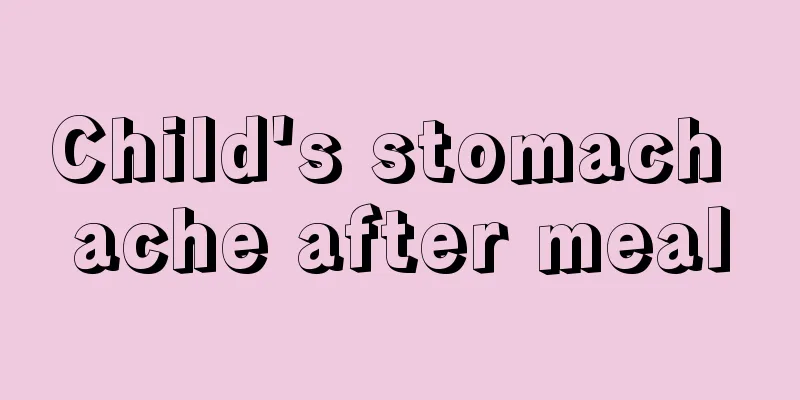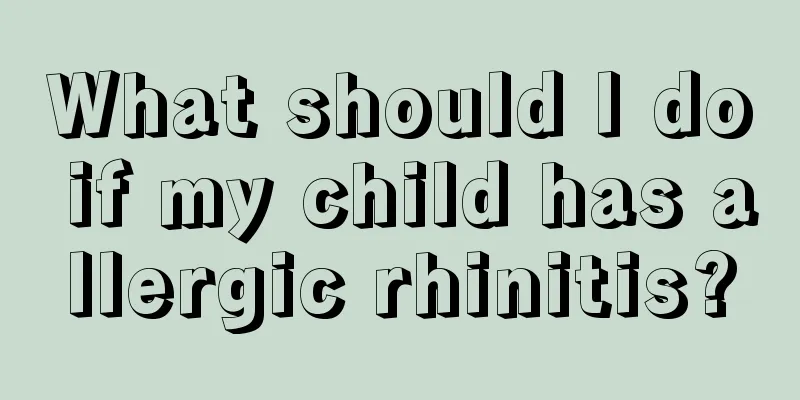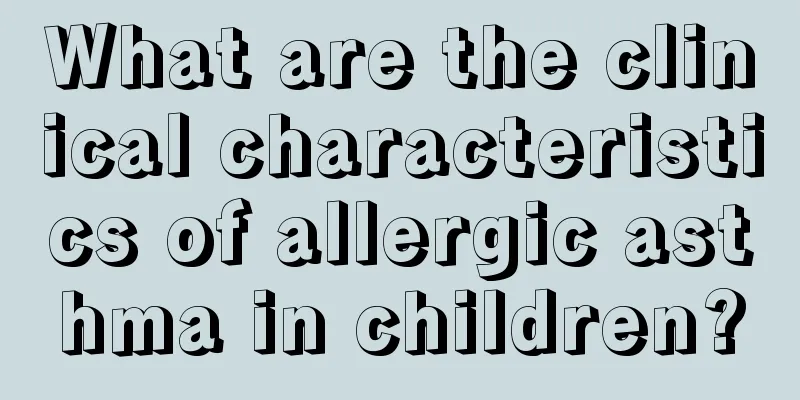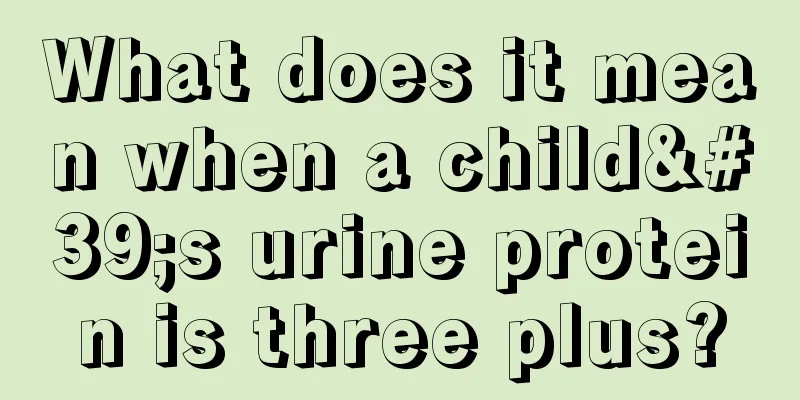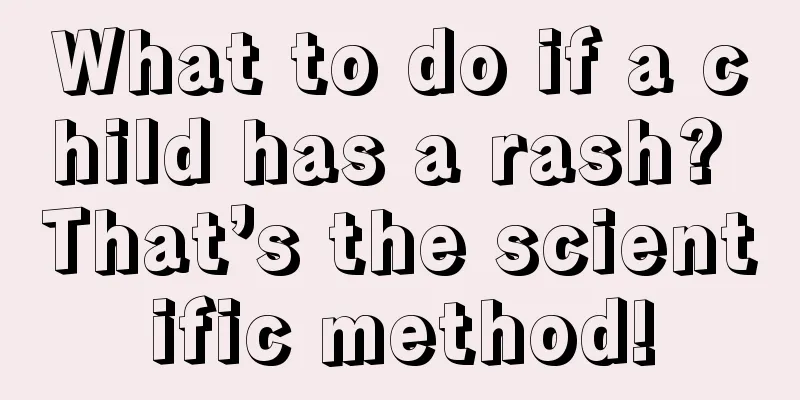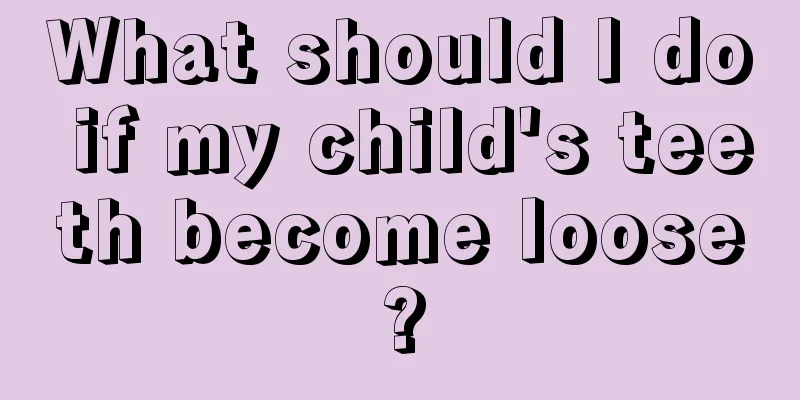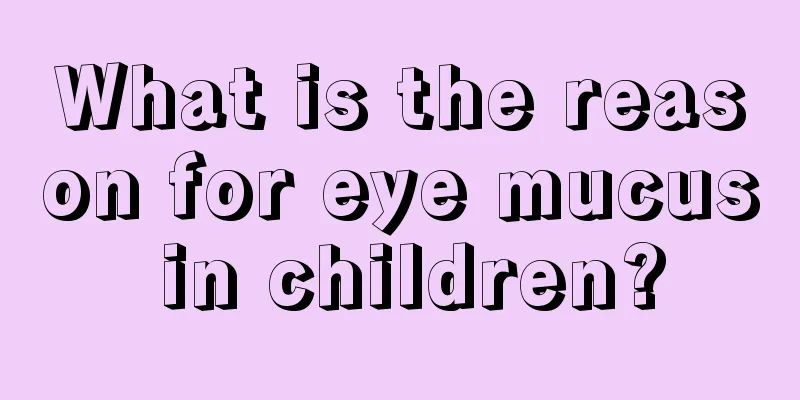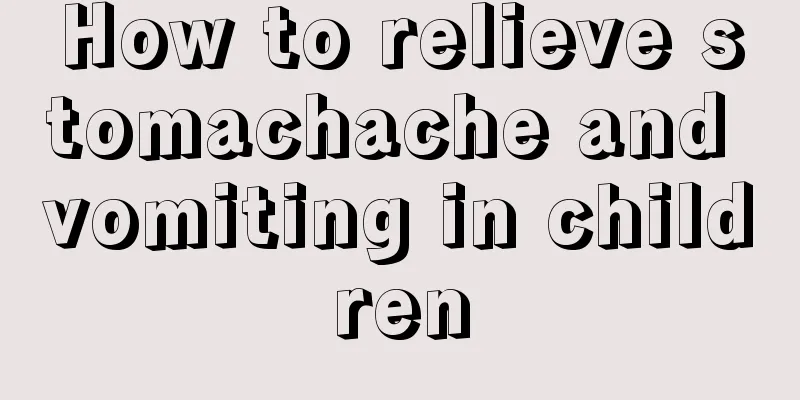What are the symptoms of ADHD in babies?
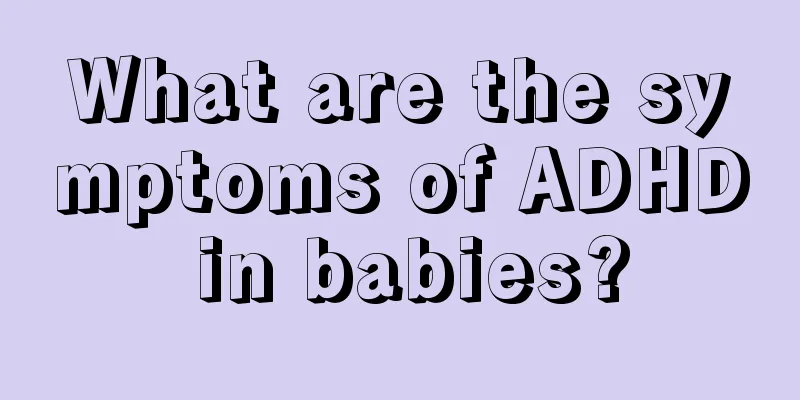
|
ADHD often occurs in infancy and childhood, and its symptoms are different at different stages. Typical symptoms are excitement, hyperactivity and sleep disorders, which have a significant impact on the healthy growth of children. Therefore, parents must be aware of the symptoms of their baby's ADHD and provide timely treatment when they discover it. So, what are the symptoms of baby ADHD? Let’s take a closer look below. Most children have been easily excited, cry a lot, have poor sleep, are difficult to feed, and have difficulty developing regular urination and defecation habits since infancy. As they grow older, in addition to increased activity, they also have uncoordinated movements, poor or short concentration time, aimless behavior, impulsive emotions and lack of control, undisciplined classes, and difficulty learning. The children have normal intelligence, but their learning ability is lower than average due to poor concentration, auditory discrimination and language expression. The clinical symptoms are more prominent in school-age children: they talk a lot, make many small movements, become excited, and like to quarrel with others in class; the purpose of their behavior is unclear, such as taking other people's things, sometimes without avoiding danger; they are not sociable in group activities; they are stubborn, disobedient, rash, and rude in front of their parents. Some children adopt an attitude of avoiding difficulties and become passive and withdrawn. As they grow older, many children develop learning difficulties, although the intelligence level of children with ADHD is mostly normal or close to normal. However, due to the above symptoms, it still brings certain difficulties to learning. Some children with ADHD have perceptual and activity disorders. For example, when copying a picture, they often cannot distinguish the relationship between the subject and the background, cannot analyze the combination of graphics, and cannot integrate the various parts of the graphic into a whole. Some young children read "6" as "9", or "d" as "b", or even cannot distinguish between left and right. The changes in the former belong to comprehensive analysis disorder, and the changes in the latter belong to spatial positioning disorder. They also have difficulties in reading, spelling, writing or language expression. Children with ADHD answer without careful thinking and have incomplete understanding, which is also one of the reasons for their learning difficulties. In addition, children with ADHD often show some fixed soft neurological symptoms, such as positive palm turning and finger pointing tests. Generally speaking, the fluctuations in clinical symptoms of ADHD children are sometimes related to the different situations and activities the children are engaged in. Children with ADHD have the most difficulty maintaining their attention when doing homework, engaging in repetitive or effortful activities, and doing things that are not new. ADHD symptoms may be alleviated in situations that are stimulating, new, or unfamiliar. Attention is maintained significantly better under continuous and immediate reinforcement schedules than under partial and delayed reinforcement schedules. With guidance and frequent repetition, children with ADHD have little problem maintaining their attention when completing tasks. In a place where there are no particularly strict norms and strict discipline to be followed, ADHD children are not much different from normal children. The fact that their symptoms fluctuate with the situation suggests that the severity of symptoms displayed by ADHD children is influenced by the environment and interacts highly with it. The above is an introduction to the symptoms of ADHD in babies. I hope it will be helpful to parents. The symptoms of ADHD are quite numerous and obvious. In daily life, if you find that your child has similar symptoms, you must pay enough attention to it, go to a regular hospital for diagnosis and treatment in time, and strive for your child to recover as soon as possible. |
<<: What to do if your baby farts and cries
>>: Why is my baby's stomach rumbling?
Recommend
2-year-old baby with adenoids hypertrophy
Parents should promptly discover any discomfort i...
Three-month-old baby's urine output decreases
Three-month-old babies usually cannot speak yet, ...
What to do if the baby falls to the ground
Many parents are first-time parents and do not ha...
What to do if your two-month-old baby cries at night
Two-month-old babies crying at night often troubl...
Introduction to how many months does it take for babies to learn to walk
If we want to take better care of our children in...
What does maculopapular rash look like in children? After reading, you should learn to judge
Many people do not know what symptoms will appear...
How to treat hypoxic-ischemic encephalopathy in premature infants
When facing hypoxic-ischemic encephalopathy in pr...
How to correctly perform massage for children with diarrhea?
Children's gastrointestinal function is not y...
What is the reason for a six-month-old baby to grind his teeth?
When a baby starts to grind their teeth, many par...
What method should be chosen to treat the sequelae of polio?
There are many diseases in the world that make pe...
How to feed medicine to baby
I believe that feeding medicine to babies is a ve...
What can children eat to grow taller?
Today's parents all hope that their children ...
What are the symptoms of stomach pain in a four-year-old baby?
If there are incompatible foods in the diet, it w...
Can children eat black beans frequently?
When children are young, many parents pay more at...
What are the white spots on my child’s arms?
If white spots appear on the baby's arms, par...
